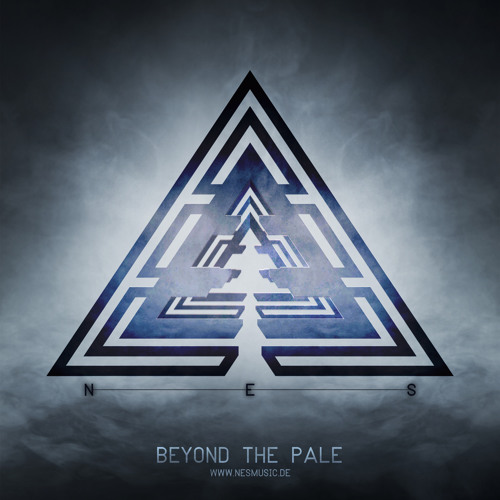

In addition to writing, she edited Sinister Wisdom, a lesbian literary and art journal, from 1987 to 1994.

The 2009 novel “Risk,” for example, featured a Jewish lesbian who lives in Oakland and makes a living tutoring high school students.

Though she rejected religion after becoming a radical feminist, she said, she studied Yiddish, Torah and Talmud while writing “Beyond the Pale” often wrote on Jewish themes and frequently included Jewish characters in her work. She was drawn to the area because of its Jewish lesbian activist community, she told J. Dykewomon spent part of her childhood in Puerto Rico, studied fine art at Reed College in Portland, Oregon, and settled in Oakland, California, in the early 1980s. “If I had to do it all over again, I might have chosen Dykestein or Dykeberg,” she said at the time.ĭykewomon was raised in a fiercely Zionist household her father fought in Israel’s War of Independence, and her mother worked with a Zionist smuggling ring. “We mourn the loss of Elana Dykewomon, a queer activist, author, and teacher with a fiercely dedicated readership,” the Jewish Women’s Archive said in a tweet, in one of many tributes to come after Dykewomon’s death. It came just minutes before her first play, inspired by the 2016 death of her wife, was to be performed in an elite festival. It remains a classic in the genre, where Dykewomon, who died this week at 72, was a pioneer.ĭykewomon’s death Sunday in Oakland, California, where she had lived for many years, was caused by esophageal cancer, according to her family. The book won the 1998 Lambda Literary Award for lesbian fiction and was reissued in 2013. “So part of what the novel is about is searching for our ancestors and ancestral community as Jewish lesbians.” “It can’t be that we are the first generation of Jewish lesbian activists on the planet,” Dykewomon said at the time.

The Jewish News of Northern California - “Beyond the Pale,” Elana Dykewomon’s award-winning 1997 novel, traced the intertwined stories of Jewish lesbians from Kishinev, Moldova, to the Lower East Side, in a saga that included both Russian pogroms and the deadly Triangle Shirtwaist Factory fire.


 0 kommentar(er)
0 kommentar(er)
